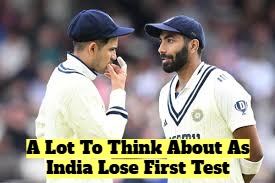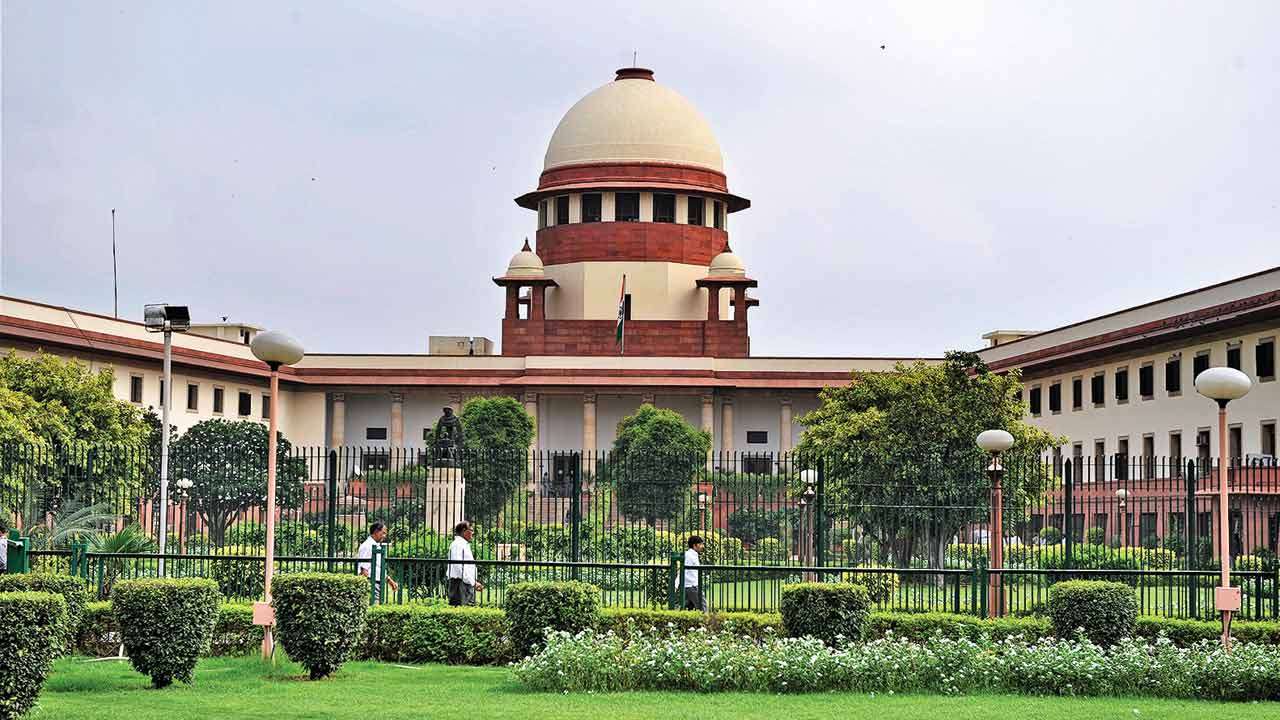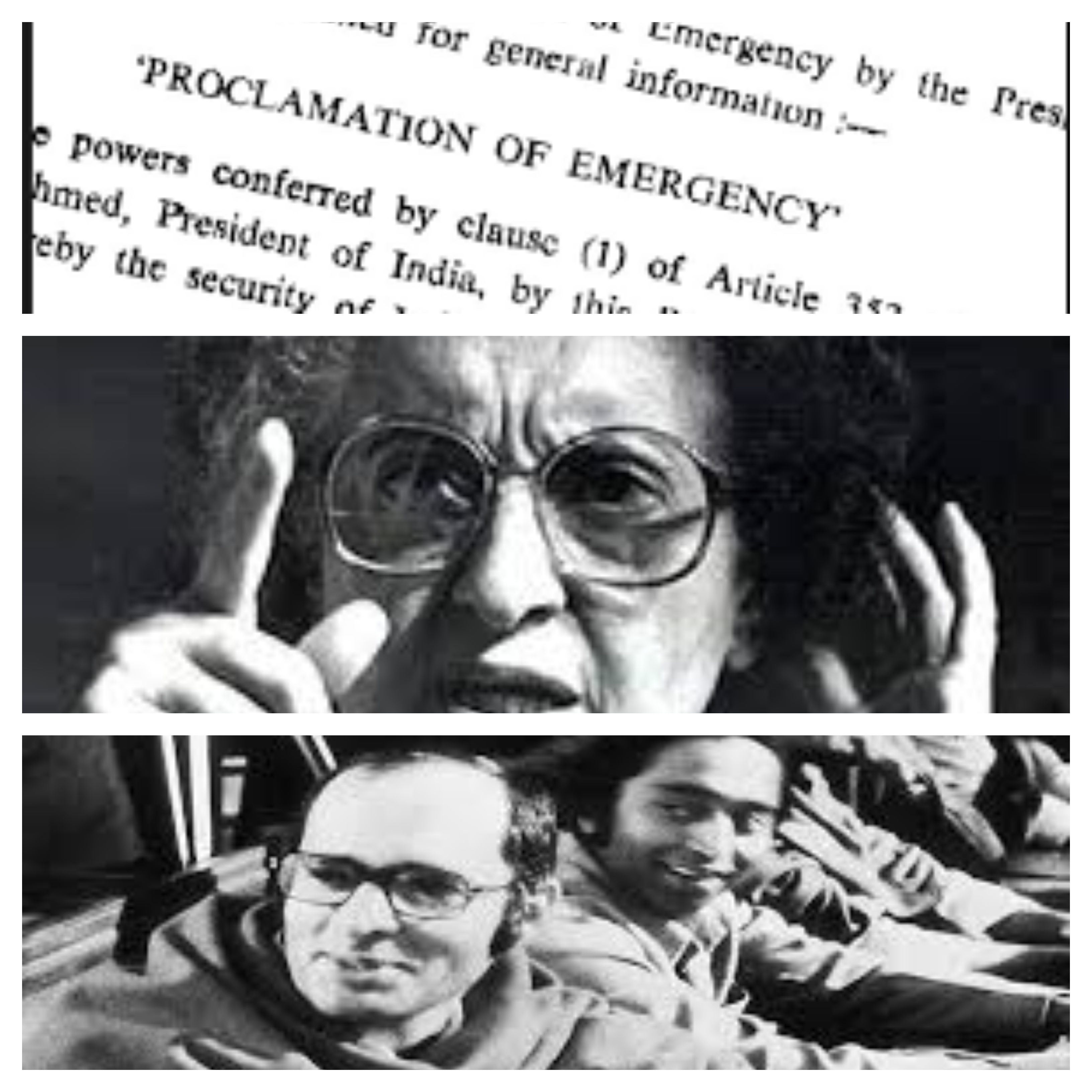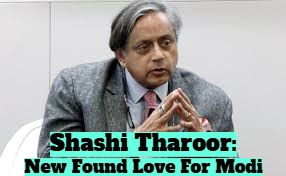

By Sunil Garodia
First publised on 2020-07-06 06:46:50
It is deplorable and dangerous, but the reality is that many policemen are employed as law-keepers but work for the benefit of lawbreakers. Most gangsters have an information network inside the police force that will do any investigative agency proud. This fact has been brought into focus strongly in the Vikas Dubey case in UP. The police suspect that there was a mole (or moles) in the police station who tipped-off the don about the impending raid. The SHO of the Chaubepur Police Sation, Vinay Tiwari, has already been questioned and suspended. But others are being questioned too as it seems that there were many policemen who were doing double duty. Most policemen do it because they are scared of the gangsters, although they are also bribed. Most policemen think that their uniforms and the authority that goes with it are not enough protection against the goons.
The other disturbing thing is that most gangsters have their tentacles even in the higher echelons of the police force and more importantly, have political backing. Although it does not seem to be true in Vikas Dubey's case, this is generally the situation. Even if some upright officer wants to take action against the gangster, a phone call from a senior officer or the local politician or even someone even higher up prevents him from doing so. This was shown in movies of all languages in India and is increasingly being shown in crime thrillers on OTT platforms and it is not a figment of the writer's imagination. These things have become routine despite governments claiming no interference and a free hand to the police. Every party needs money and muscle to win elections and all of them have their favourite goons. The only change that happens with the change of government in any state is that either the goons also change their political affiliation or are sidelined or even liquidated. Very soon, new goons affiliated to the party in power take their place.
On the other hand, the highhandedness shown by the police force during the lockdown, including the widely condemned custodial deaths in Tamil Nadu, show that the system is faulty. The police are increasingly acting as oppressors of the common man and are misusing their powers. The system of checks and balances is not working properly. The Indian police law in archaic as it was drafted in 1861 and addresses the needs of an occupying force and not that of modern, multicultural democracy. The central government had set up the Police Act Drafting Committee under the chairmanship of noted constitutional expert Soli Sorabjee in 2005 to draft a new model police law to replace the Police Act, 1861. The committee submitted the Model Police Act in 2006, which was circulated to all the states in 2006. But nothing much had come out of it. The Supreme Court has also, from time to time, made many suggestions in this regard.
All this means that the Narendra Modi government should seriously think of initiating police reforms that will make the police forces in all states and the Central agencies truly independent and of international standards by introducing global best practices, robust protocols and modern equipment. As 14 years have passed since the last model act suggested by the Sorabjee committee, If need be, it can appoint another committee to review that model act and suggest more improvements. The foremost requirement to have such a professional police force is that it has to be freed from the control of political masters. Even if any government has the will to do this, there will be two major stumbling blocks. First, with policing being a state subject, the Centre can only make a model law. It will not be binding on states. Second, all political parties (without exception) need the police to do most of their dirty work because some of it that cannot be handled illegally has to be done by subverting the law. The police come in handy for doing that. Hence, major police reforms in India will never happen as the politicians will never let go of their control over the force. The Centre needs to start by implementing the reforms in the Central forces and then bring the states on board.











